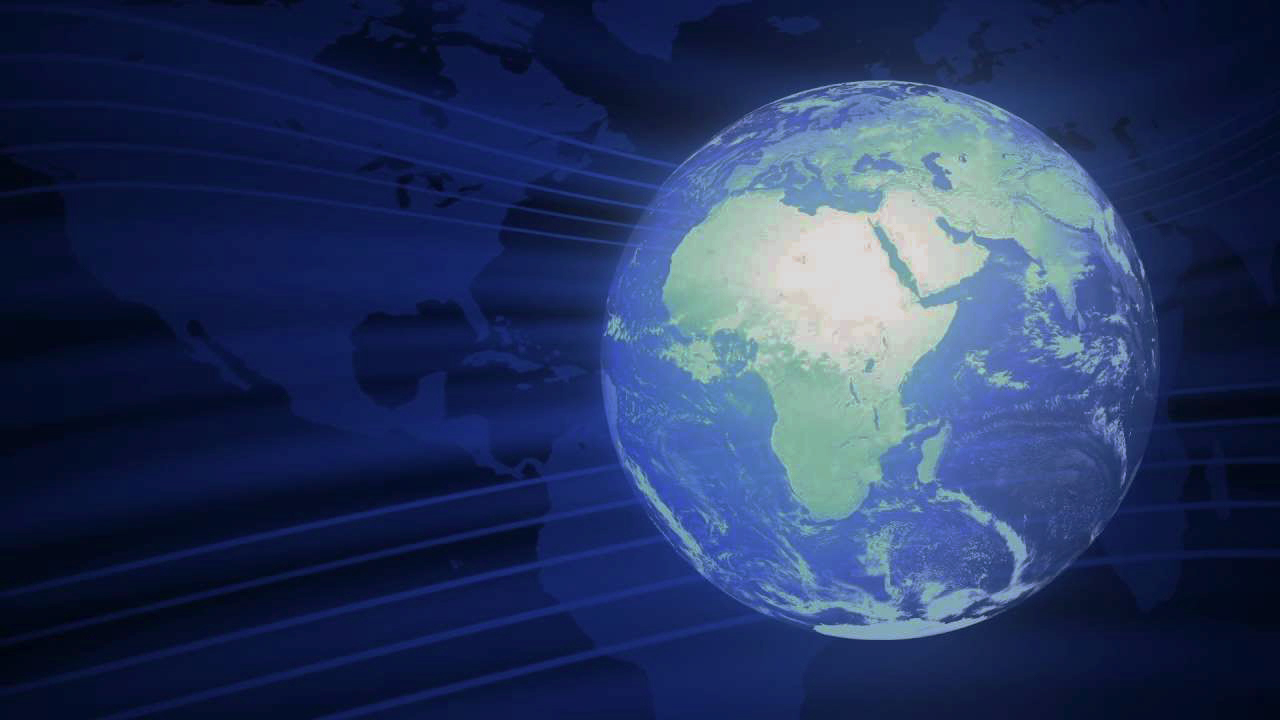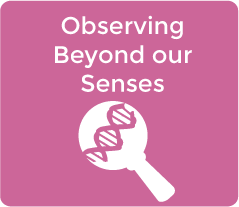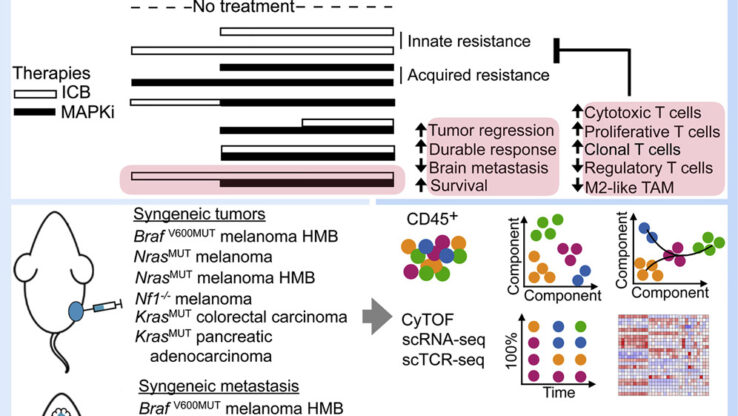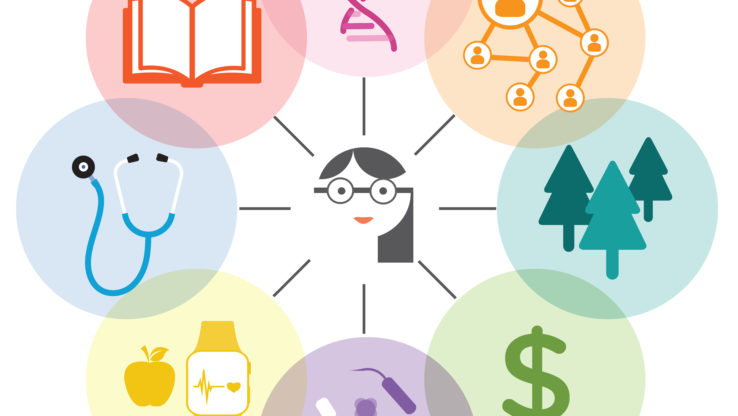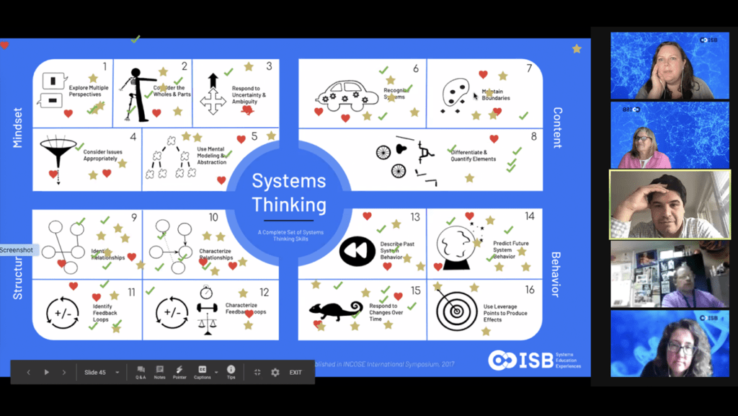Science and Math Teachers – need a break from the classroom?
 see.isbscience.org/news/need-a-break-from-the-classroom/
see.isbscience.org/news/need-a-break-from-the-classroom/Consider joining us for a paid summer position!
These in-person, summer research and curriculum development positions are easy to apply for and can reinvigorate you for the years ahead.
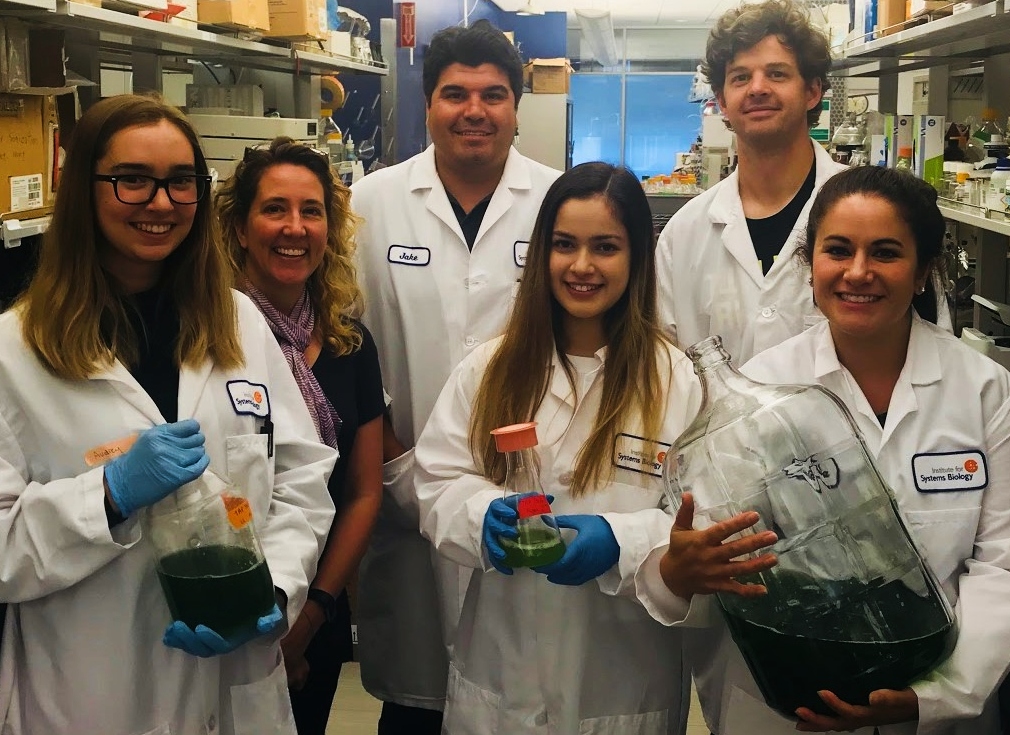
Here's what Mari had to say about working at ISB in the summer...
“The synergy created by the Baliga Lab group, interns, inspiring speakers, other teachers, and the entire ISB community will keep me fired up during my 30th!!! year in the classroom. A systems approach is a paradigm shift...I’m having dreams about ISB and how I am going to adjust my teaching and learning.”
Position Overview
Institute for Systems Biology (ISB) is currently hiring teachers to work full-time or part-time for 2 to 7 weeks during the summer of 2022 for anywhere between 80-280 total hours. Since 2004, the Baliga Lab has partnered teachers with researchers, engineers, programmers, and students to be involved in systems biology research projects. While doing systems biology research together, we also translate pertinent components of that research into hands-on, engaging, standards-based curriculum modules for STEM classrooms. As a result, you can participate in current research projects and help author new curricular materials that bring exciting new scientific concepts and techniques to high school students across the world. The pay rate is $30 per hour.
Who is eligible?
We encourage any enthusiastic High School Teachers with science-related backgrounds (Physics, Chemistry, Biology, Integrated Sciences, Biotechnology, Environmental Science, etc.) to apply. This year, several of our projects have a math component so we also encourage math teachers to apply. You must be fully vaccinated and boosted to participate.
What is does this summer's work entail?
Our mission at ISB is to use innovative research approaches in an effort to predict and prevent disease, and enable a sustainable environment. This summer our research emphases include, but are not limited to:
Resilience, Adaptation, and Evolution of Systems - This will involve exploring the dynamics of systems and answering questions such as: What makes a system resilient? And what makes it evolve, adapt, or collapse? What external and internal factors within systems and within organisms are the most important? This will also involve exploring biotic and abiotic factors in and among a wide array of microbes (microalgae, diatoms, archaea, et al).
- Where: Institute for Systems Biology, Seattle, WA. Some work can be completed remotely, but the bulk of the work will be in person at ISB.
- When: 2-7 weeks between July 5 and August 19, 2022, for anywhere between 80-280 total hours. Dates & time commitments are flexible based on your academic calendar, bandwidth and interest.
Microplastics in the Arctic - The Systems Education Experiences program has partnered with the University of Washington's Polar Science Center in the Applied Physics Lab, the University of Colorado at Boulder, and the National Center for Atmospheric Research, and others to lead 2-weeks of exploration into the unknown world of Microplastics in the Arctic. This summer we have space and funding for 6 teachers to join us to study how microplastics are taken up and released in ice and water and how this is modeled via simple equations and demonstrations.
-
- Where: University of Washington’s Benjamin Hall in Seattle, WA.
- When: 2 weeks, tentatively schedule during the weekdays of July 25-August 5, 2022. The exact days and times of the sessions will be decided upon together by the team and 6 teachers who are chosen to participate.
What is required from you to apply?
- A creative mind for stimulating lab work and experience in developing course material
- A copy of your resume/CV
- A description of your interest, background, and hopes/goals for the time with us this summer
- A description of your school, teaching assignment, and your students
- Please email all materials to see@isbscience.org before April 18, 2022. We will begin to consider candidates on and after April 18. If you need more time to apply, let us know.
Other Information
If you are interested in being a part of this process by field-testing materials, using completed materials, attending training workshops, or by supporting some of our education efforts, please see some of our other pages:
Please also feel free to use the social media icons at the top of this page and/or this one-page PDF to share this opportunity with teachers. Or contact our Systems Education Experiences (SEE) team at see@isbscience.org or call Claudia Ludwig at 206-732-1453.


